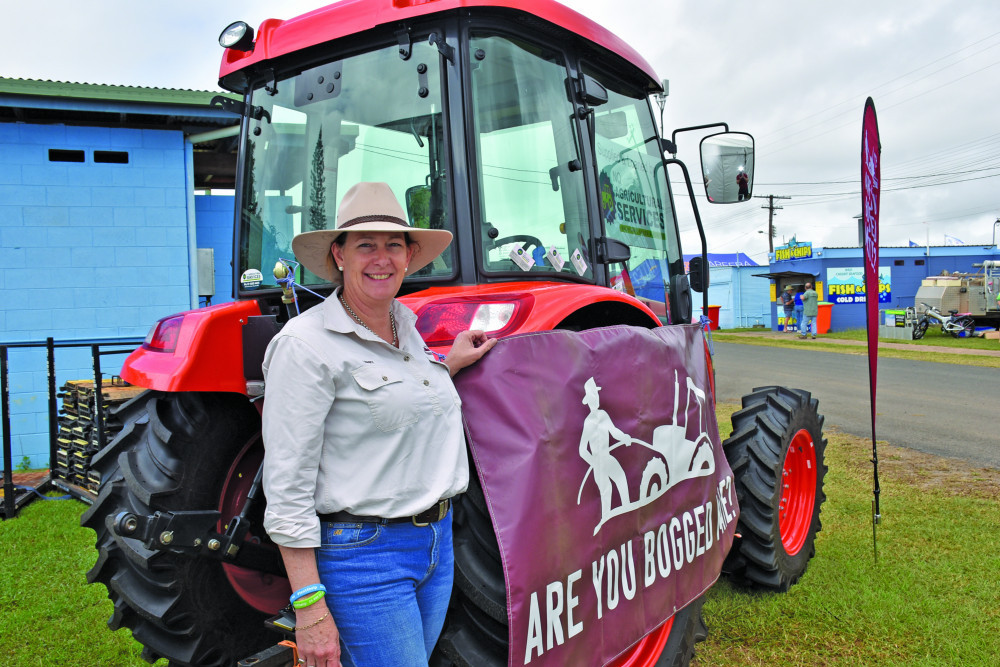General News
7 June, 2021
Men given the right road to become ‘unbogged’
IT’S often said men prefer to suffer in silence than discuss their problems but mental health advocate Mary O’ Brien hopes a series of learnings from her Rotary FNQ Field Days seminars will assist and prevent future males from regional areas from becoming ‘bogged’.

IT’S often said men prefer to suffer in silence than discuss their problems but mental health advocate Mary O’ Brien hopes a series of learnings from her Rotary FNQ Field Days seminars will assist and prevent future males from regional areas from becoming ‘bogged’.
For the past three years O’Brien has run her ‘are you bogged mate’ presentations across the country with the sole aim of starting community conversations about the rising issue of depression and suicide rates among men in rural areas.
“Men are three to four times more likely to take their own life than women and the further you move from the coast into regional, rural and remote Australia, the figure climbs,” Ms O’ Brien explained.
“Seven Australian men take their lives each day and that is simply way too many. In fact it’s the leading cause of death for males aged between 15-44 years, which is a terrible statistic.
“We want people to know the warning signs of males feeling bogged and assist them with getting the right help – that is the main aim of these seminars.”
Some key indicators males are becoming ‘bogged’ or potentially suicidal include, among some, include feelings of hopelessness, expressing rage, increased use of drugs and alcohol, withdrawing from friends and families and quitting activities that were previously important.
Rural males are twice as likely to take their lives than their city counterparts. Ms O’ Brien reemphasised that there is always a way to become ‘unbogged’, and that starts by getting help and simply talking to someone.



